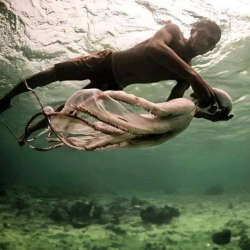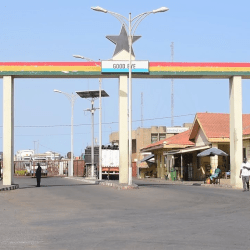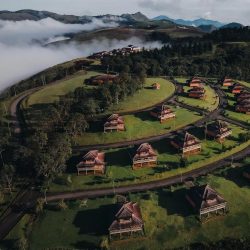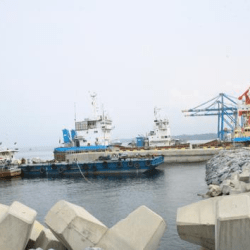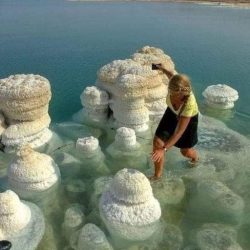The Bajau people, often called “sea nomads,” have lived for centuries in the waters surrounding Indonesia, the Philippines, and Malaysia. Their unique maritime lifestyle, centered around fishing and diving, has led to extraordinary physiological adaptations that distinguish them from other human populations.
Unparalleled Diving Skills
The Bajau are renowned for their ability to dive to impressive depths of over 200 feet and hold their breath for up to 13 minutes—an astonishing feat that surpasses typical human capabilities. These skills are essential for their traditional way of life, which involves spearfishing and gathering food from the ocean floor.
Unique Physiological Adaptations
Scientists have discovered that the Bajau possess a remarkable adaptation:
- Enlarged Spleens: The spleen, located near the stomach, plays a crucial role in oxygen storage and distribution. The Bajau’s larger-than-average spleens act as a natural “scuba tank,” releasing oxygen-rich blood cells during prolonged dives.
- Evolutionary Insight: Studies suggest this adaptation may be the result of thousands of years of natural selection, allowing the Bajau to thrive in their aquatic environment.
Cultural and Ecological Significance
For the Bajau, diving is more than a skill—it is integral to their cultural identity and survival. However, as modern influences and environmental changes impact their way of life, preserving their rich maritime heritage becomes increasingly important.
The Bajau stand as a testament to human adaptability, showcasing how cultural practices and evolutionary pressures can shape our biology in extraordinary ways.

